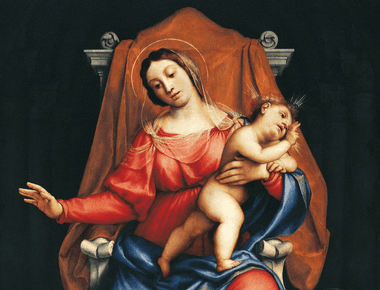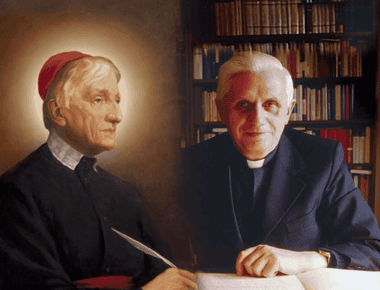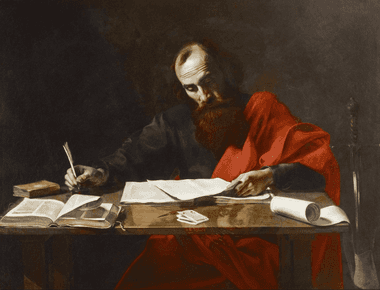
Newman, as an Anglican, had a high Mariology (for an Anglican, a surprisingly high Mariology), yet he also combined his reverence for Mary with some kind of caution or warning that such notions could lead to doctrines and practices that were not sanctioned by the Church of England. In reality, that caution (or warning) was both a message by Newman to his congregation and a message to himself—to a conscience that was beginning to doubt the veracity of his own ideas.











